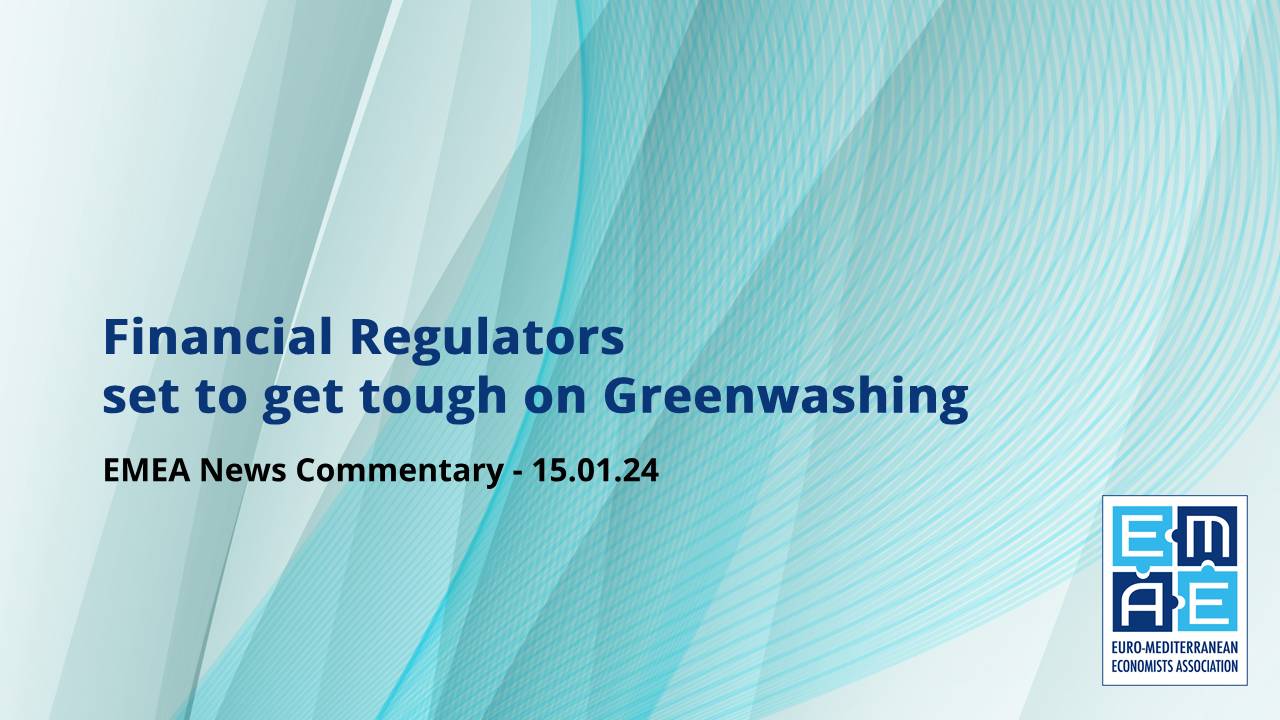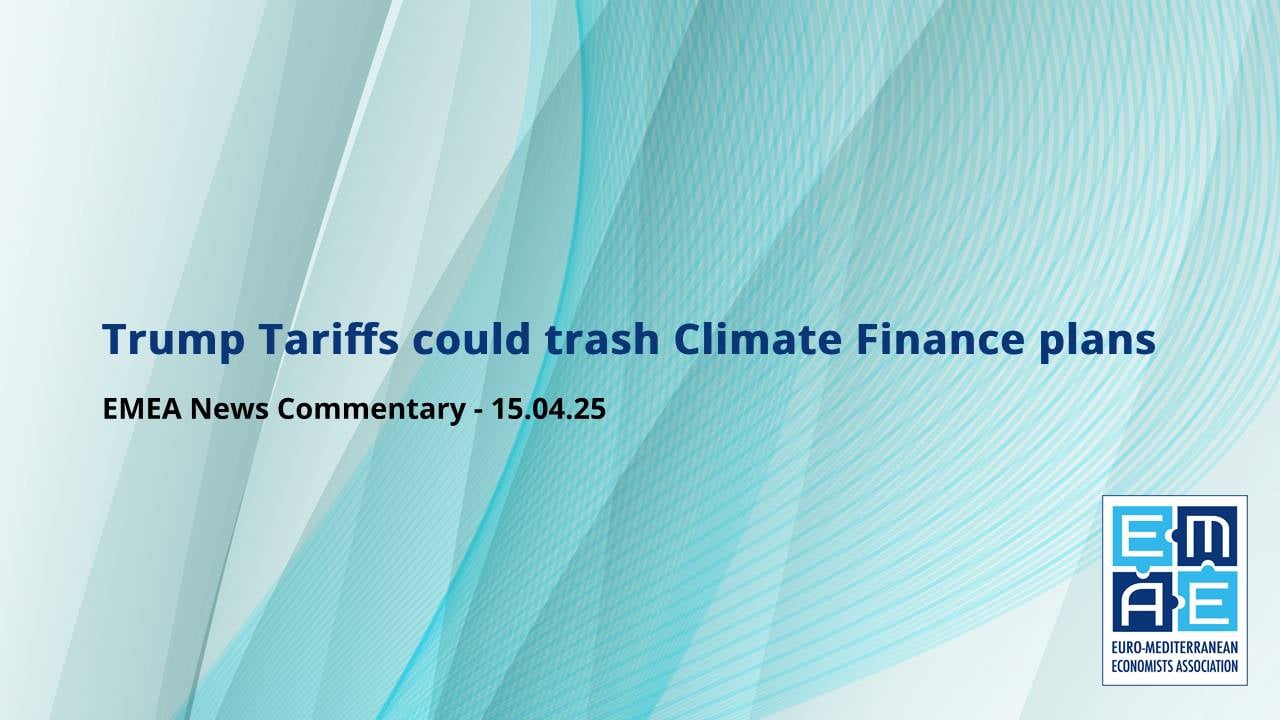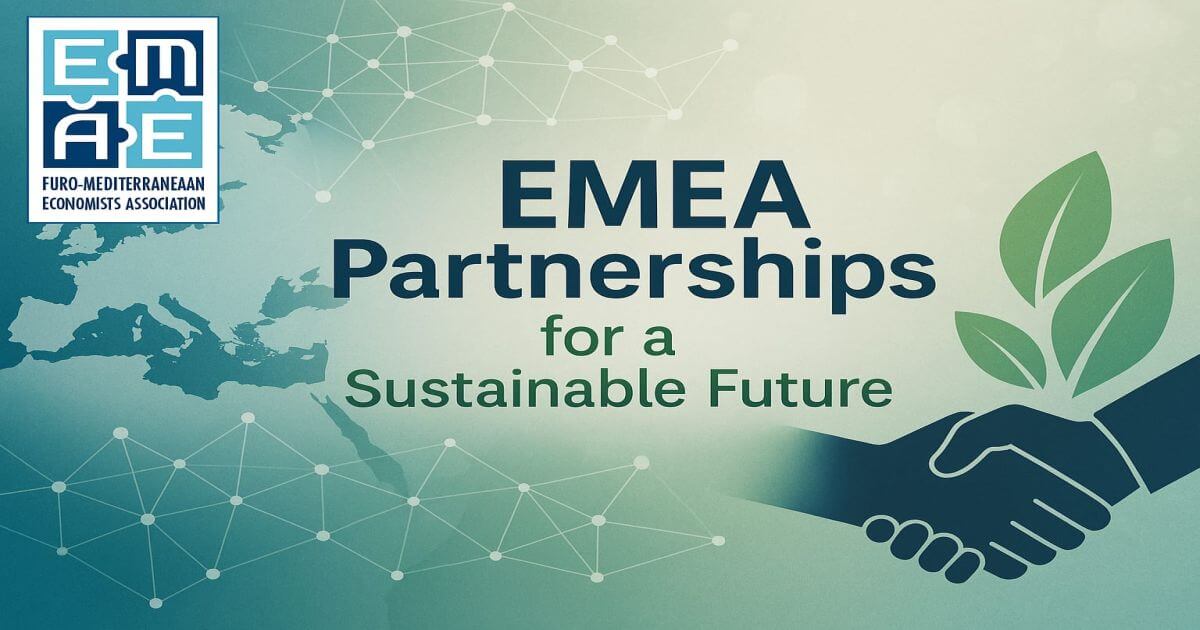Across Europe, things are starting to look bleak for companies who overplay their green credentials.
In leaked draft proposals reported in the Guardian newspaper, the European Union (EU) have apparently drawn up plans to crack down on the practice of greenwashing, where firms make inflated claims about the environmental benefits of their products.
The plans would allow companies 10 days to validate their green claims and, if they don’t, they’ll incur “effective, proportionate and dissuasive” penalties. Exactly what these penalties would be for the 27 Member States was not detailed.
At the same time that public awareness about global warming has increased markedly in recent years, greenwashing has been recognised as a growing problem. The Guardian said that exaggerated eco achievements were circulating “in a wild west market environment.”
In 2020, one EU survey revealed that 53% of environmental product claims were “vague, misleading or unfounded”. Another survey suspected that 42% of green product positioning was “false or deceptive.”
Fines for misleading consumers
Monique Goyens, Director of The European Consumer Organisation (BEUC) said she strongly supported any plans to create a legal framework for countering greenwashing but warned that any future EU law relating to green claims would only be as good as its enforcement.
“Authorities should regularly control green claims, publicly disclose their findings, and be able to fine companies who mislead consumers,” she said, adding that terminology such as “climate positive” and “carbon neutral” should be “banned from the market altogether”.
According to the leaked draft, if the law was to take effect, it would “save the equivalent of up to 7m tonnes of CO2 emissions over a 15-year period.”
One EU official was quoted anonymously as saying that new legislation would empower consumers and “should clean up the environmental claims marketplace, where it is a bit footloose and fancy-free vis-a-vis what manufacturers say about their products [and the reality].”
It has been reported that there are more than 200 eco labels currently circulating in the EU, using a variety of methodologies. One commission survey found that half of the labelling verification procedures were either weak or absent.
The new “far reaching” green claims directive, would also ensnare British businesses exporting to the EU, which would cost EU businesses up to €10bn, according to the commission.
Rules would not apply to fossil fuel companies
The rules would provide clear definitions as to what would constitute green claims. Firms would be obliged “to substantiate green claims using a standardised product lifecycle analysis that covers all environmental impacts.”
Under the proposals, EU states would be required “to empower or set up new agencies to launch investigations, make regular checks and generally enforce the new law.”
But, according to the Guardian, the new rules would not be used to regulate how fossil fuel companies justified the removal of CO2 within offsetting schemes. Examples of this would be forestry projects, which had a high risk of reversal due to trees decaying, burning or through the exodus of people moving north, in order to escape excessive global temperatures.
Eli Mitchell-Larson, the co-founder of the Carbon Gap NGO, said this would provide an open goal to burn fossil fuels. “These laws staying silent on what companies who buy EU-certified removals can do with them would be like inviting students to mark their own homework,” he warned.
Business groups have also voiced concerns that any new initiative might become blurred with other EU greenwash legislation.
“The European business community expects the EU to carefully consider and substantiate any additional rules in this already regulated space in the spirit of better regulation,” said Pedro Oliveira, legal affairs director at BusinessEurope.
New eco-finance labelling in the UK
Meanwhile, in a move to curb greenwashing by fund managers, the UK Financial Conduct Authority (FCA) have announced that they will be introducing a green labelling system – set to take effect from July 2024 – to help consumers to select sustainable funds.
“We’re putting in place a simple, easy to understand regime, so investors can judge whether funds meet their investment needs,” Sacha Sadan, director of environmental, social and governance (ESG) at the FCA, said in a statement. “This is a crucial step for consumer protection as sustainable investment grows in popularity.”
Under the proposed plans, financial products with at least 70% of assets invested in environmentally friendly industries, such as green energy infrastructure, can benefit from four new “sustainability focus” labels.
These would be in addition to other labels for funds that targeted environmental improvements, e.g., companies demonstrating a valid route to achieving net zero emissions.
According to Euronews, the FCA estimated that around $18.4 trillion of ESG-oriented assets are now being managed across the world. But they weren’t “the only agency worried that claims over sustainability can sometimes be overcooked, unclear or misleading.”
Tougher measures for the banking sector
It was reported that the global banking regulators, the Basel Committee on Banking Supervision (BCSB), have just produced a document requiring that lenders must “disclose the impact of climate change on their books, whether caused by extreme weather or fossil-fuel phaseouts”.
The BCSB warned: “Physical and transition risks can have wide-ranging impacts across sectors and geographies … potentially affecting the safety and soundness of banks and the stability of the broader banking system.”
Separately, the European Central Bank (ECB) has recently detailed multiple ways in which the world’s biggest lenders can greenwash and has threatened to fine banks “that don’t remedy environmental shortcomings.”
The ECB want to stop a range of bad banking practices, which included promising to stop funding phantom fossil fuel projects where banks had never actually been involved. Another example was offering emissions-cutting targets that excluded 95% of exposures.
The report said that EU legislators were considering how to toughen the financial sectors’ contribution to the green transition. This would be likely to include a new corporate due diligence directive, as well as requiring banks and insurers “to set out how they’ll transition to a net zero world.”
Greenwashing eroding trust
In a further indication as to how widespread an issue greenwashing has become, KPMG the multinational financial services organisation, has produced a document entitled “The Crackdown on Greenwashing.” The publication has highlighted “a rise in the exaggerated, misleading or unsubstantiated claims” relating to products being labelled green or sustainable.
“Engaging in greenwashing erodes trust and can make it difficult or impossible for consumers to take an organisation’s ESG messages at face value,” the document pointed out.
Whilst recognising that regulators were now starting to sit up and take notice, KPMG said the ESG agenda had “ushered in an era of hyper-transparency and invites scrutiny from a significantly wider spectrum of stakeholders.”
Detailing six steps that organisations can take to mitigate against greenwash accusations, the paper continued: “The fines that courts around the world are imposing for greenwashing are starting to mount, but this is just the beginning. The commercial and reputational damage that comes with being accused of greenwashing, or being perceived as greenwashing, is usually a much greater cost.”
The crackdown on greenwashing (kpmg.com)
EU to crack down on greenwashing with ‘proportionate’ penalties | Environment | The Guardian
FCA imposes anti-greenwashing rule in ESG crackdown (fnlondon.com)
UK introduces new eco-finance labels as global EU regulators vow greenwashing crackdown | Euronews
UK to probe Unilever’s environmental claims as part of greenwashing crackdown | Reuters





